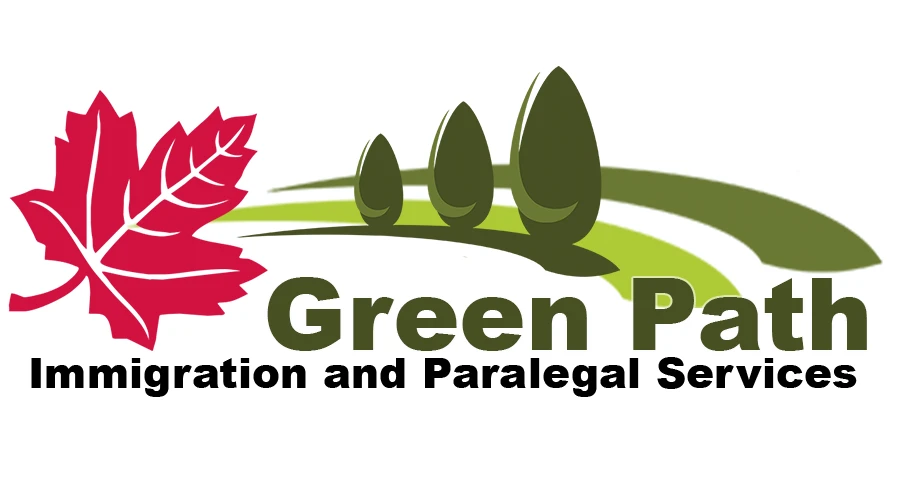
Contracts
A notary public is a person who can act as an official witness to the execution (signing) of contracts, agreements, and a virtually unlimited number of other legal documents. A notary can also attest that documents are exact replicas of the original. A Notary’s formal act is referred to as notarization. A notary can also administer oaths, solemn affirmations, and declarations, which are commonly used in affidavits and statutory declarations. Please keep in mind that you must sign in front of the Notary in order for her to notarize your signature.
Documents signed in front of a notary provide confidence to others that the document was signed by that specific individual. Notaries provide a beneficial service in the current day, when contracts are commonly entered into between parties thousands of kilometers apart, removing some of the risk associated with such agreements. In other words, it makes it more difficult for a contracting party to later claim that she or he did not sign the paper.
Are you looking for a place to notarize your documents? To make your search easier, Red Seal Notary offers locations all around Canada.
A notary can also draft contracts, promissory notes, wills, mortgages, and other legal documents in some jurisdictions. The powers of a notary public are almost typically drawn from provincial or state legislation in each province or state. In most provinces, however, the legislation is merely a codification of the common law that preceded it.
In Ontario, for example, the Notaries Act states that “…a notary public has and may use and exercise the power of drawing, passing, keeping, and issuing all deeds and contracts, charter-parties, and other mercantile transactions in Ontario, and also of attesting all commercial instruments that may be brought before him or her for public protestation, and otherwise of acting as is usual in the office of notary public, and…”
The qualifications for becoming a notary in some countries, such as a number of Canadian provinces, are such that only attorneys are qualified to conduct all notary public services. The requirements in Quebec are similar to those in the United States, although they are distinct. In essence, the legal profession is divided, thus depending on the situation, you may need the services of a Notaire or an Avocat.
Don’t sign anything just yet!
You must sign your signature in the presence of a Notary Public in order for the Notary to notarize it. In general, you should wait until the
Notary says you can sign before signing, as you may need to swear an oath beforehand. The most common blunder we encounter is clients bringing in documents that have already been signed. This is usually a simple fix. In front of the Notary, you merely sign the document once more. It is, however, a little disorganized. And it’s possible that it won’t be accepted in your situation. If you’re not sure, ask your legal counsel or the organization to which you’re delivering the material. If at all feasible, bring a backup copy.
Documents from around the world
A Commissioner of Oaths, who does not have to be a Notary Public, can swore, confirm, or declare several legal documents. If the document will be used outside of the jurisdiction, particularly internationally, you will almost certainly need to swear or declare in front of a Notary.
This is a real effect of the mechanism for checking international document execution. For more information, see our Authentication and Legalization page. If you’re unsure, it’s usually advisable to employ a Notary, who will protect you in any case.
Who has the authority to notarize my document?
Your document can be notarized by any Canadian notary whose signature we recognize.
Invite your notary to register with us if we are unable to recognize his or her signature. A specimen signature might be provided by the notary.
How can I locate a notary public in Canada?
Look up “notary public” on the internet. The laws governing notaries in Canada differ by province and territory. The notary will inform you of the options available to notarize your document.
What is the procedure for notarizing my document?
Your document is signed and sealed by a notary public in Canada. A separate certificate can also be prepared by the notary (sign it and attach it to your document).
When the notary signs your document, he or she must:
⦁ have a valid appointment certificate
⦁ write their signature in ink on a piece of paper
⦁ Apply a stamp or seal to their certificate of appointment that includes their entire name and the Canadian province or territory to which they have been appointed.
⦁ Describe the action they took (e.g. certifying a true copy)
⦁ Specify the date on which the document was notarized.
⦁ state when their appointment as a notary will expire (if applicable)
What powers does my notary have?
The notary may, for example, when signing your document:
⦁ observe a signature
⦁ get an affidavit or a statement
⦁ guarantee that a document is an exact replica of the original.
⦁ documents that have been translated
If a notary speaks both languages, he or she may be able to certify a translation as accurate. If that’s the case, make sure the notary writes both of the following on the document:
⦁ They claim to be able to communicate in both languages.
⦁ They attest to the translation’s accuracy.
Is it necessary to have my paper notarized?
Find out if you need to have your document notarized before we can authenticate it. We may be able to authenticate a notarized copy of your original document if it cannot be validated.







